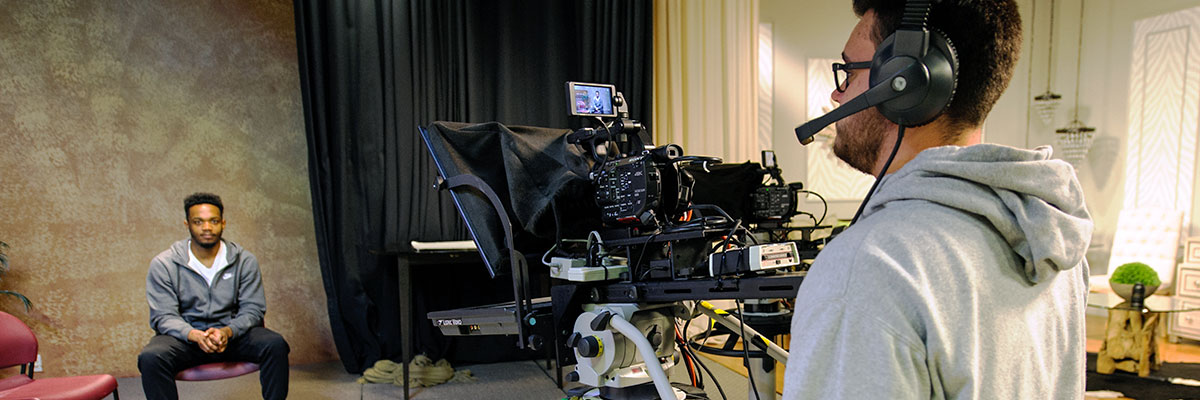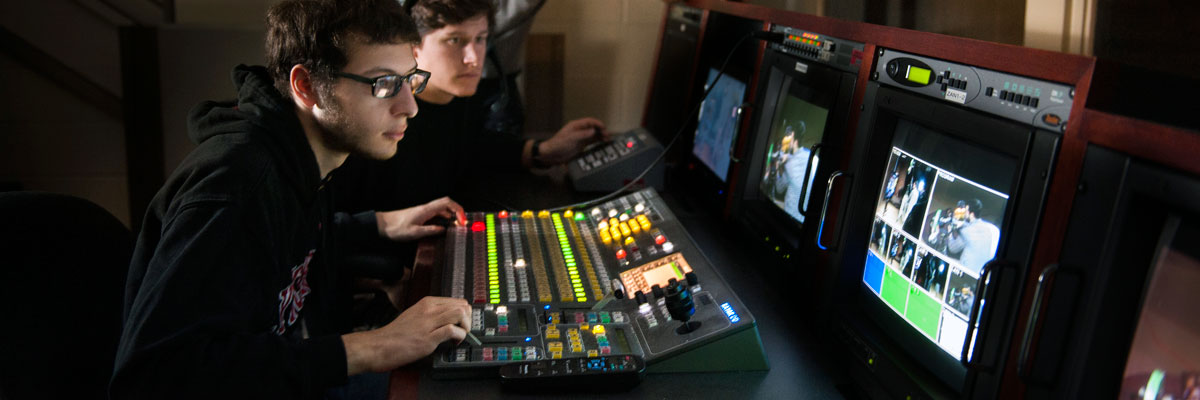Need to raise funds for your organization? Want to get your message across to customers, clients, and donors? Would a Public Service Announcement help? Need guidance in organizing and budgeting a media project? We offer individual consultation, and also group workshops in project organization and budgeting. That may be all you need to complete a DIY production successfully.
The Donovan Media Development Center is an excellent resource for fresh ideas, skilled professionals, and high-tech media tools, and your projects help train the media professionals of tomorrow by providing real-world experiences for the University of Lynchburg students.
We take the time to listen to you, learn what your needs are, and help you to define and refine messages that work to meet your goals. We are sensitive to the importance of support in a tough economic environment.
The Center is housed within the Lynchburg College of Arts and Sciences at the University of Lynchburg, and we have a strong commitment to educating the rising media producers within our programs of study.
Our Story
Faculty within the School of Communication and the Arts have a long history of working with community clients to meet their needs for electronic media.
This community involvement was formalized in 2005 with the completion of Elliot & Rosel Schewel Hall and within that space, the Donovan Media Development Center.
The facility was the brainchild of Dr. Woody Greenberg and was funded by the Donovan Foundation. The Donovan Center students, faculty, and staff assist nonprofit organizations and businesses in creating print and electronic media to document, explain, and promote their activities.



